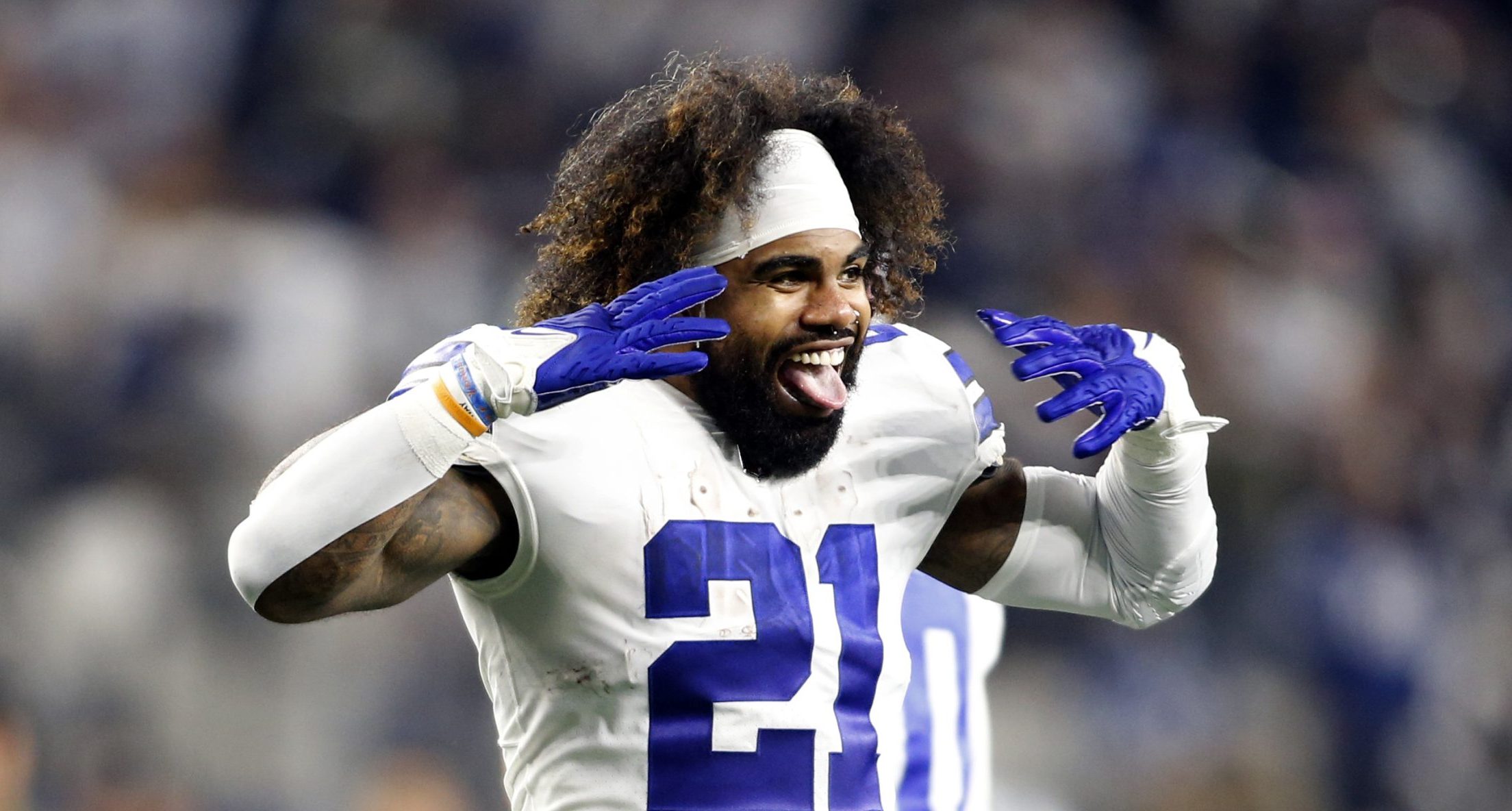The NFL recently changed its overtime rules, changing the overtime period from 15 minutes to 10 minutes. That change will inevitably result in more ties, which nobody wants, but NFL Competition Committee Chair Rich McKay said that wasn’t the consideration they used. Their consideration? Player safety.
“This rule is not intended to make the game better,” McKay said on PFT Live. “It’s intended to deal with what we think are some consequences that we’ve seen in the last couple years from a health and safety standpoint that we’re not comfortable with. We’re not comfortable with the idea that you could play a Sunday night game or Sunday afternoon at 4 game, go into overtime, play 15 minutes, pick up an additional 18 to 20 snaps, and then potentially play a Thursday night game. It bothered us when we talked to coaches, one in particular, he said, ‘We didn’t practice. We were worn out, we didn’t practice and we came to a Thursday night game.’ That made us uncomfortable.”
That’s an interesting admission from McKay, and in one sense, he’s correct. Almost every researcher agrees that the one thing that can unquestionably make football safer is playing less of it. So yes, fewer plays will actually help player safety.
However, in the long run, so few plays are affected that this will hardly make a difference. And at the same time, the NFL is trying to extend the season and continuously denies facts about CTE. So yes, this will very marginally help player safety. But it’s about last in line of things that could help.







